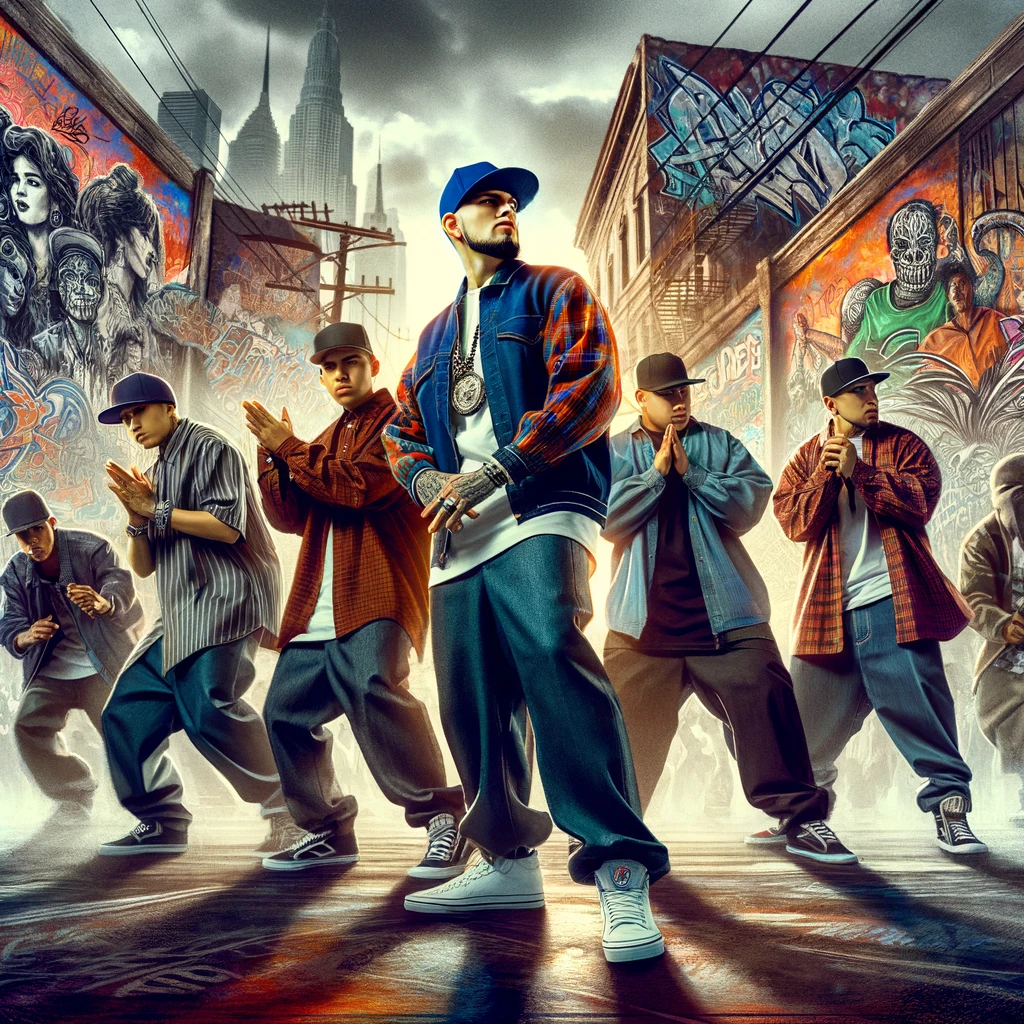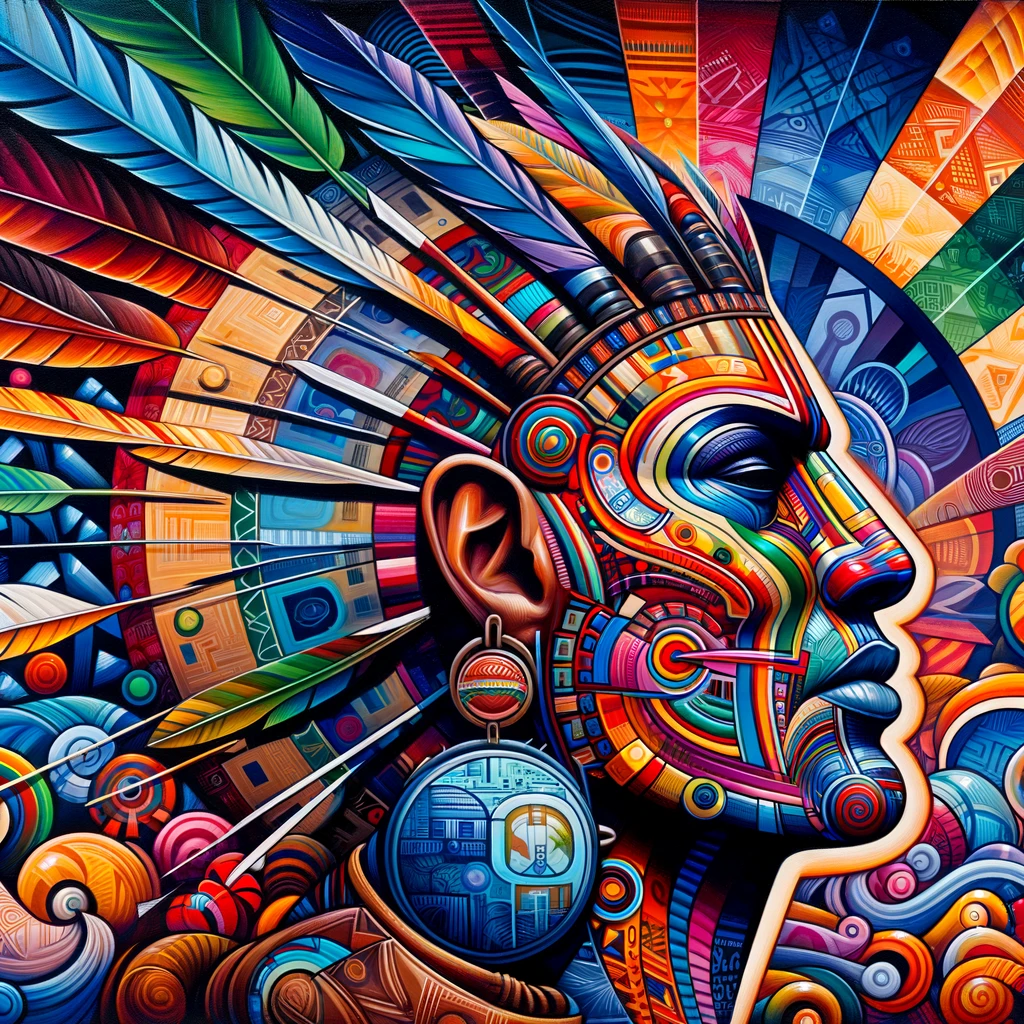Introduction
Chicano music, a rich tapestry of sounds and rhythms, has played a pivotal role in shaping modern music. From traditional Mexican influences to its integration into contemporary genres, the impact of Chicano music is far-reaching. This blog post explores the journey of Chicano music, highlighting its origins, evolution, and enduring influence on today’s musical landscape.
The Roots of Chicano Music
Chicano music finds its origins in the cultural melting pot of Mexican-American communities. It's a blend of various styles - from Mexican folk music like Mariachi and Norteño to American genres like jazz and rock. Icons like Ritchie Valens and Selena Quintanilla-Perez brought Chicano music to the mainstream, blending English and Spanish lyrics, and introducing unique sounds that resonated with a diverse audience.
The Chicano Movement and Music as a Voice of Protest
During the Chicano Movement of the 1960s and 1970s, music became a powerful tool for political expression and cultural affirmation. Artists like Los Lobos and Carlos Santana used their music to address social issues, celebrate Chicano identity, and fight for civil rights. Their songs echoed the struggles and aspirations of the Chicano community, forging a strong cultural and political identity.
The Evolution into Contemporary Sounds
Over the decades, Chicano music has evolved, absorbing and influencing various genres. The integration of Chicano elements in hip-hop and rap in the 1980s and 1990s marked a significant milestone. Artists like Kid Frost and Cypress Hill infused their music with Chicano slang and rhythms, while addressing issues relevant to urban youth. This blend of cultures created a new sound that was both authentic and relatable.
Chicano Music in Pop Culture
Today, Chicano music continues to influence mainstream pop culture. Artists like Cardi B and Bad Bunny often incorporate Chicano beats and styles into their music. Soundtracks in movies and TV shows also frequently feature Chicano music, bringing its vibrant rhythms to a global audience.
The Future of Chicano Music
The future of Chicano music looks promising, with a new generation of artists experimenting with traditional sounds in the digital era. The rise of online platforms has allowed Chicano artists to reach a wider audience and collaborate across genres and borders. This digital renaissance is introducing Chicano music to new listeners, ensuring its influence will continue to grow.
Conclusion
Chicano music, with its rich history and dynamic evolution, has left an indelible mark on the world of music. It’s a testament to the power of cultural fusion and the universal language of music. As we celebrate the past and look to the future, Chicano music remains a vibrant and influential force, resonating across generations and cultures.



